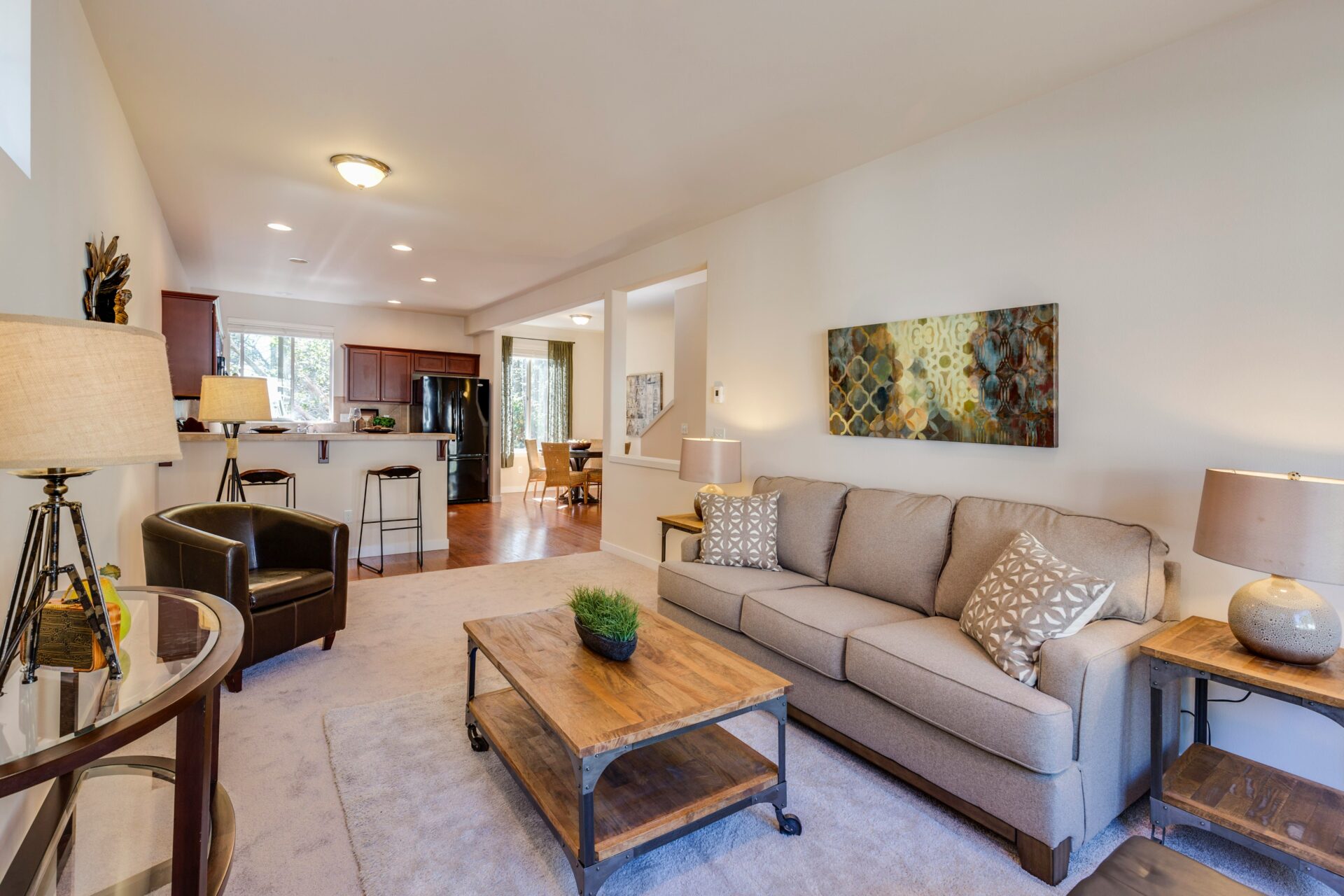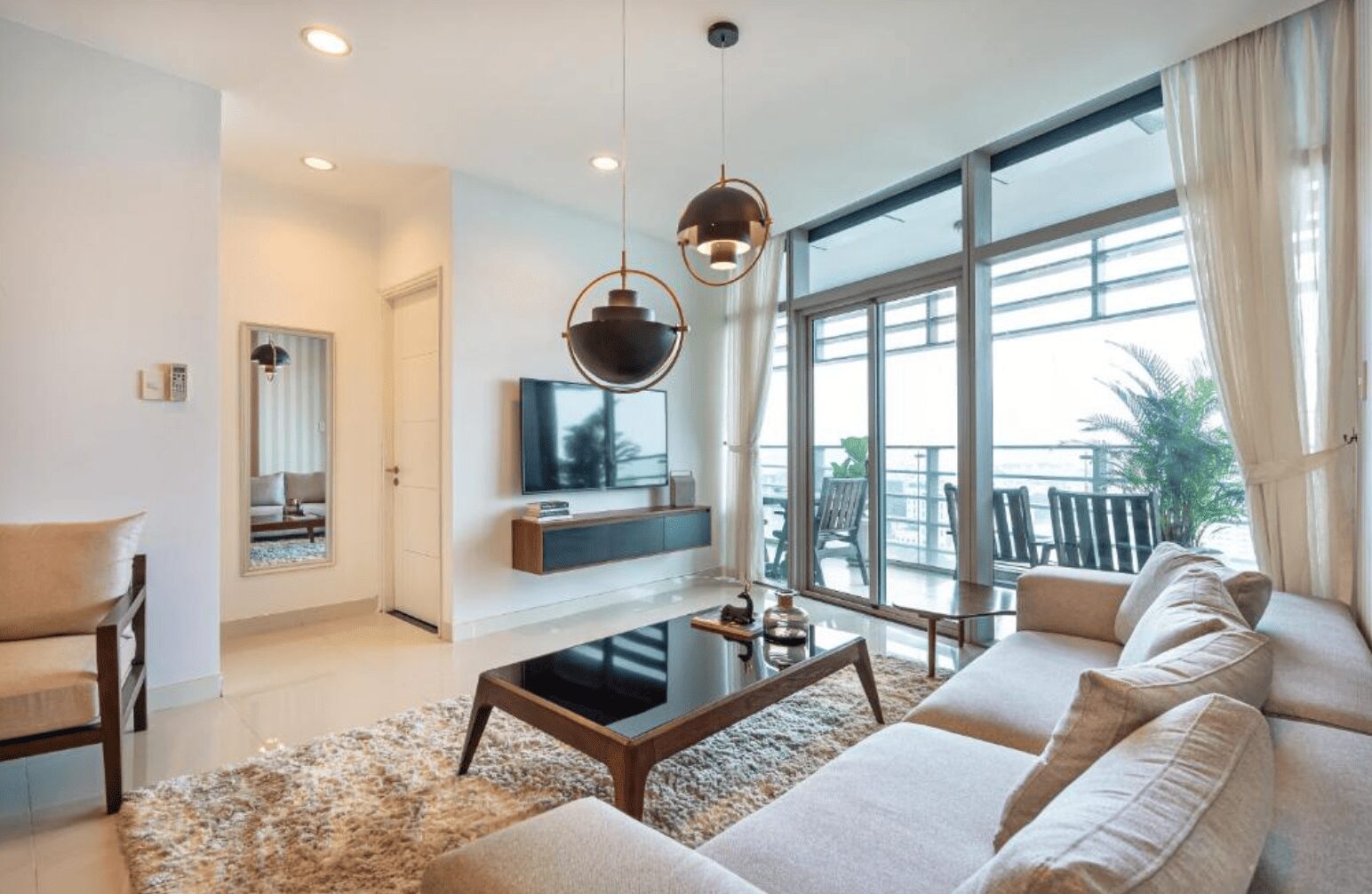Finding Your Dream Home in Vietnam: A Complete Guide

Searching for a home in Vietnam can raise many questions: Where should you live? What type of property suits you best? This guide provides detailed insights into house hunting in Vietnam, covering key areas, property types, and important considerations for renting or buying. Whether you’re planning a long-term stay or moving for work, this guide will help you find your ideal home.
目次
1. Key Areas to Consider in Vietnam
Choosing the right area is crucial when house hunting in Vietnam. Your choice will depend on your lifestyle, work location, and personal preferences.
Hanoi
The capital city, Hanoi, combines traditional charm with modern development. It’s popular among professionals and students, offering a variety of international schools and expat-friendly services.
Ho Chi Minh City
As Vietnam’s economic hub, Ho Chi Minh City is ideal for those seeking a vibrant urban lifestyle. Districts 1 and 2 are particularly popular among expats due to their safety and convenience.
Da Nang
A coastal resort city, Da Nang offers a peaceful environment with modern amenities. It’s an excellent choice for remote workers or those looking for a quiet lifestyle.
2. A Guide to Property Types in Vietnam
In Vietnam, you’ll encounter various property types. Understanding their features will help you make the right choice for your needs.
Apartments
Apartments are a popular choice for expats, often furnished and equipped with amenities like gyms, pools, and security. District 2 in Ho Chi Minh City and Tay Ho in Hanoi are notable areas for high-quality apartments.
Houses
For those needing more space, houses are a great option. They’re popular among families and often come with gardens. Keep in mind that maintenance responsibilities may be higher.
Serviced Apartments
If you prefer a property with housekeeping services, serviced apartments are ideal. They’re convenient for business travelers and short-term stays.
3. The House Hunting Process and Tips
When searching for a home in Vietnam, the following steps are typically involved:
Steps in the Process
- Find a Real Estate Agent: Local agents can help you quickly find properties that meet your criteria.
- Property Visits: Visit properties in person to assess their condition. Photos can sometimes be misleading.
- Review Contracts: Ensure you thoroughly review rental or purchase agreements. Ask your agent for clarification if needed.
Key Considerations
- Language Barriers: Not all property owners speak English, so having an agent who can communicate effectively is essential.
- Neighborhood Check: Assess noise levels, transport access, and nearby facilities before making a decision.
4. Rental and Purchase Costs and Procedures
Rental Costs
Rental prices vary by city and property type. Here are some general ranges:
- Apartments: $500–$1,500 per month
- Houses: $1,000–$2,500 per month
- Serviced Apartments: $800–$2,000 per month
Purchase Costs
Foreigners are allowed to buy new properties in Vietnam under certain legal conditions. Prices in major cities typically range from $2,000 to $4,000 per square meter.
Procedures
Renting usually requires a deposit of 1–2 months’ rent. For purchases, contracts and payment schedules are handled with the assistance of local real estate professionals.
5. Practical Tips for Finding Your Ideal Home
- Do Your Research: Use online resources and social media to find up-to-date property listings.
- Work with Agents: A knowledgeable agent can be invaluable in navigating the local market.
- Negotiate: Price negotiations are common for both rentals and purchases. Work with your agent to secure the best deal.
Conclusion
Finding the perfect home in Vietnam involves understanding the key areas, property types, and the house hunting process. With this guide, you’ll be well-equipped to find a property that suits your needs and enjoy life in Vietnam to the fullest!
(Photo by Unsplash.com)



